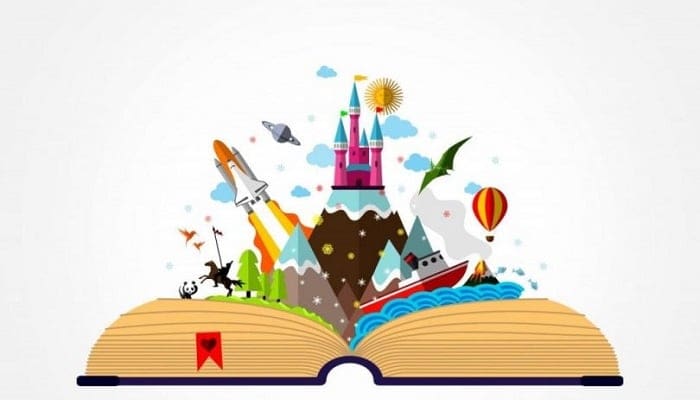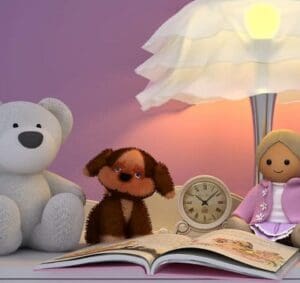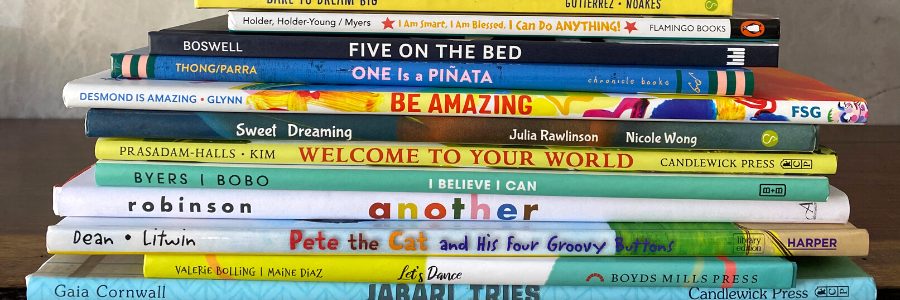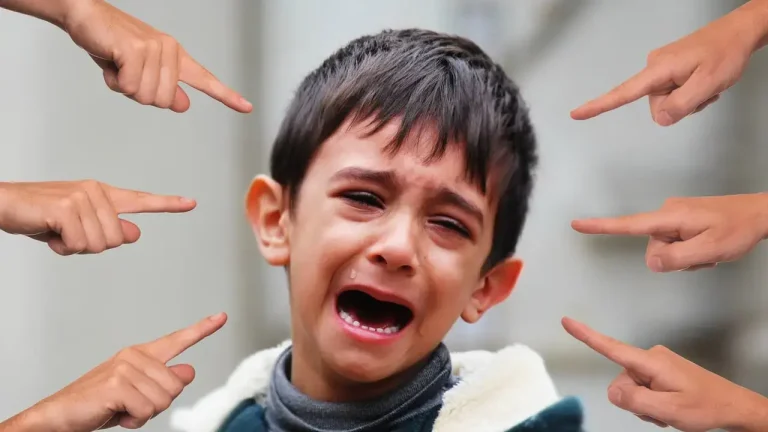Educational Books for Preschool Children: Recommendations and Categories
Preschool age is a crucial stage in the cognitive and emotional development of children. During these years, little ones are in a phase of constant discovery, learning and assimilating information about the world around them. That is why the choice of books we read to children at this stage can have a significant impact on their intellectual and emotional development.
Article Topics
- Books of stories and fables
- Learning books
- Books of rhymes and songs
- Books about popular characters
- Science and nature books
- Books on art and creativity
- Music books
- Books of emotions and values
Educational books for children are an invaluable tool in preschool education. By choosing books that are adapted to their level of understanding and that are interesting to them, children can improve their vocabulary, develop their imagination and creativity, and learn important values such as friendship, empathy , and respect.
Plus, books can be a great way to foster parent-child bonding and create a reading habit that will last a lifetime .
Below are some recommendations for educational books for preschoolers classified into different categories to help parents choose the right books for their children.
Books of stories and fables
Stories and fables are a fantastic way to teach important values and principles to preschool-aged children.
These books also often include eye-catching illustrations that keep little ones interested in the story. Some examples of storybooks and fables include “Grimm’s Fairy Tales for Children,” “Aesop’s Fables,” and “The Children’s Book of Stories.”

Learning books
Learning books are perfect for preschoolers to start getting familiar with different subjects. These books can teach basic concepts like colors, shapes, numbers, and the alphabet in an interactive and fun way. ( Read Also: Educational Books for Elementary School Children )
Some examples of learning books are “My First Color Book,” “My First Shape Book,” and “My First Alphabet Book.”
Books of rhymes and songs
Rhyming books and songs are great for helping children develop reading and comprehension skills. Plus, singing and reciting rhymes is a fun activity that children can enjoy together with their parents.
Some examples of rhyme and song books are “Rhymes and Songs for Children,” “The Book of Children’s Songs,” and “Songs for Children Ages 3 to 6.”
Books about popular characters
Books featuring popular characters are a great way to motivate children to read. If children are already familiar with a TV or movie character, they are more likely to be drawn to books that feature that character.
Some examples of popular character books include Peppa Pig: Peppa’s Library, Paw Patrol: Big Book of Adventures, and Disney’s Storybook.
Science and nature books
These books can help children develop their curiosity about the natural world around them. Science and nature books can teach basic concepts about animals, plants, weather, and other related topics. Some examples of science and nature books are “My First Questions About Nature,” “Nature,” and “Animals of the World.”
Books on art and creativity
Art and creativity books can help children develop their creativity and ability to express themselves through painting, drawing, and other forms of art. These books can include activities and projects so that children can explore different techniques and materials. Some examples of art and creativity books are “My Art Book,” “Create and Learn with Laura,” and “Draw with Pablo Picasso.”
Music books
Music books can help children develop a love of music and learn about instruments, rhythms, and musical styles.
These books may include songs, sheet music, and activities to help children sing and play music. Some examples of music books are “My First Music Book,” “Learn to Play the Guitar,” and “Songs for Children in English.”
Books of emotions and values

Emotions and values books can help children develop their emotional intelligence and learn about values such as friendship, empathy, and respect. These books can include stories that teach valuable lessons and activities to help children reflect on their own feelings. Some examples of emotions and values books are “The Book of Emotions,” “Learning to Live Together,” and “The Value of Friendship.”
In conclusion, choosing appropriate educational books for preschoolers is crucial for their cognitive and emotional development . By choosing books suited to their level of understanding and interests, parents can help their children improve their vocabulary, develop their imagination and creativity, and learn important values. ( Read Also: Mnemonic Rules: What They Are and Methods )
Plus, books can be a great way to foster parent-child bonding and create a reading habit that will last a lifetime.
References:
- Education.com. (n.d.). Pre-K Reading List. Retrieved May 3, 2023, fromhttps://www.education.com/slideshow/pre-k-reading-list/
- Scholastic. (n.d.). Best Books for Preschoolers. Retrieved May 3, 2023, fromhttps://www.scholastic.com/parents/books-and-reading/book-lists-and-recommendations/best-books-preschoolers.html
- Reading Rockets. (n.d.). Great Books for Preschoolers. Retrieved May 3, 2023, fromhttps://www.readingrockets.org/article/great-books-preschoolers



